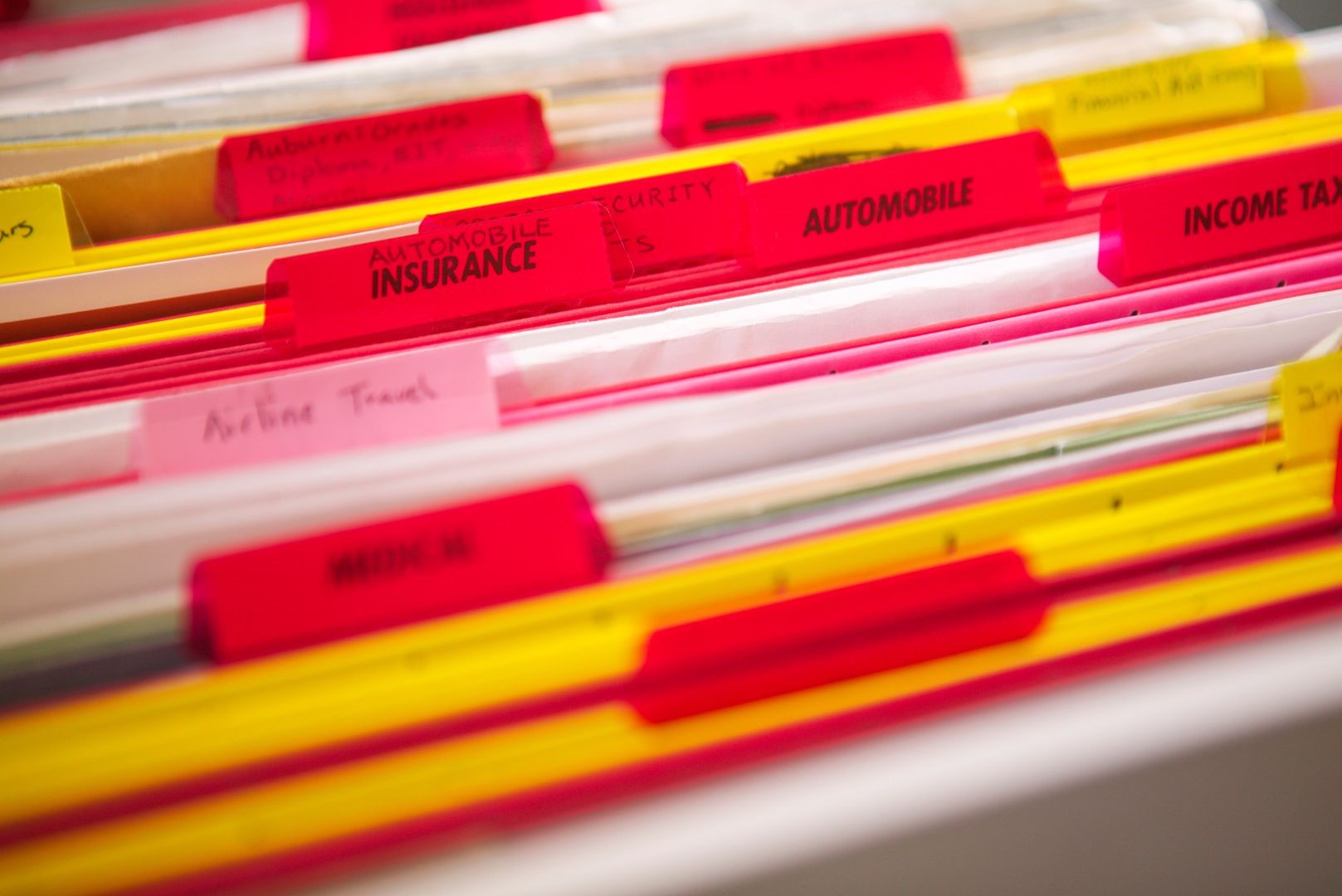Tax Record Essentials: What Every Business Needs to Know
Efficient record-keeping is not just a regulatory requirement—it’s a strategic asset crucial for any business. Recognised as a focus area by the Australian Taxation Office (ATO), proper documentation goes beyond mere transaction logs, encompassing all necessary records to substantiate business deductions and ensure compliance. This discussion highlights the comprehensive nature of record-keeping, including exceptions under specific circumstances, which are essential for maintaining accurate financial and tax records.
The Scope of Record-Keeping
Record-keeping is critical for supporting financial statements, tax filings, and legal compliance. Effective management ensures that every financial transaction is accounted for and can be justified if questioned by authorities or during audits.

Financial Transactions
Document all business transactions including sales, purchases, payroll, and other operational costs.
Examples of critical financial documents:
- Invoices
- Receipts
- Bank Statements.
- Purchase Orders
- Payroll Records
- Expense Reports
- General Ledger
Retention Period
Keep records for at least seven years after the completion of the transaction, covering the statute of limitations for most tax audits and disputes.
Tips: Use a dedicated credit card for business expenses to simplify tracking.
Tax Records
Maintain accurate records necessary for filing tax returns and claiming deductions, including tax returns, proof of income, bank statements, and receipts.
Retention Period
Retain these documents for a minimum of five years from the date of filing the tax return, accommodating the period for potential audits or amendments.
Substantiating Deductions
Keep documentation for all deductions claimed, from office supplies to travel expenses, supported by concrete evidence like receipts and logs.
Examples of documents used substantiating various types of business deductions:
- Mileage Logs
- Utility Bills
- Entertainment and Meal Receipts
- Training and Education Receipts
- Equipment Purchase Receipts
- Repair and Maintenance Receipts
- Advertising and Marketing Invoices
Retention Period
Maintain these records for the same period as tax returns to substantiate the claims.
Tips: Maintain a digital log for travel, entertainment, and other costs that are not straightforward to document.
Employee Information
This category includes contracts, benefits information, tax withholding details, and performance reviews.
Retention Period
Preserve these documents for at least seven years after an employee’s departure.
Legal and Operational Documents
Keep all contracts, business licenses, intellectual property registrations, and insurance documents.
Example of legal and operational documents:
- Contracts and Agreements
- Business Licenses and Permits
- Corporate Bylaws and Articles of Incorporation
- Meeting Minutes
- Intellectual Property Registrations
- Insurance Policies
- Employment Agreements
- Shareholder Agreements
- Non-Disclosure Agreements (NDAs)
- Compliance Documents
Retention Period
Maintain these records for the duration of the agreement plus an additional seven years for any potential disputes. Corporate records like articles of incorporation and board minutes should be kept indefinitely.
Record Keeping Exceptions
The ATO allows certain exceptions to the usual record-keeping requirements to simplify the process. These exceptions do not grant an automatic deduction but provide relief under specific conditions:
Work Expenses ($300 or Less): If your total work-related expenses are $300 or less, you can claim a deduction without written evidence, but you must demonstrate that you spent the money and how you calculated your claim.
Laundry Expenses ($150 or Less): You can claim deductions for laundry expenses up to $150 without written evidence. You must be able to show the expenses were incurred and how you calculated the claim.
Small Expense Receipts ($10 or Less): For small expenses of $10 or less, totalling no more than $200, detailed receipts are not required. However, you should keep a record of these expenses as soon as they are incurred.
Hard to Get Receipts: If it’s difficult to obtain a receipt for an expense, a detailed record of the expense is acceptable. This includes the name of the supplier, amount, nature of the goods or services, and the dates of purchase and record creation.
Record Keeping Relief for Lost or Destroyed Records: If records are accidentally lost or destroyed, you may be granted relief if you can provide sufficient evidence that the expenses were incurred and are deductible.
These exceptions aim to reduce the burden of maintaining detailed receipts under certain circumstances, though they require you to still show evidence of expenditure and its business relation. For more details and further information on each specific exception, you can visit the ATO’s official page on ATO Record Keeping Exceptions.
Good record keeping is essential for any business because it helps keep everything in order, especially when it’s time for a tax audit. Keeping detailed records of all your business dealings can quickly prove your financial activities if asked. This organised approach not only keeps tax authorities satisfied but also reduces the risk of facing unexpected fines or questions. It’s all about making sure your business runs smoothly and stays on the right side of the rules, helping you avoid stress and stay focused on growing your business.


